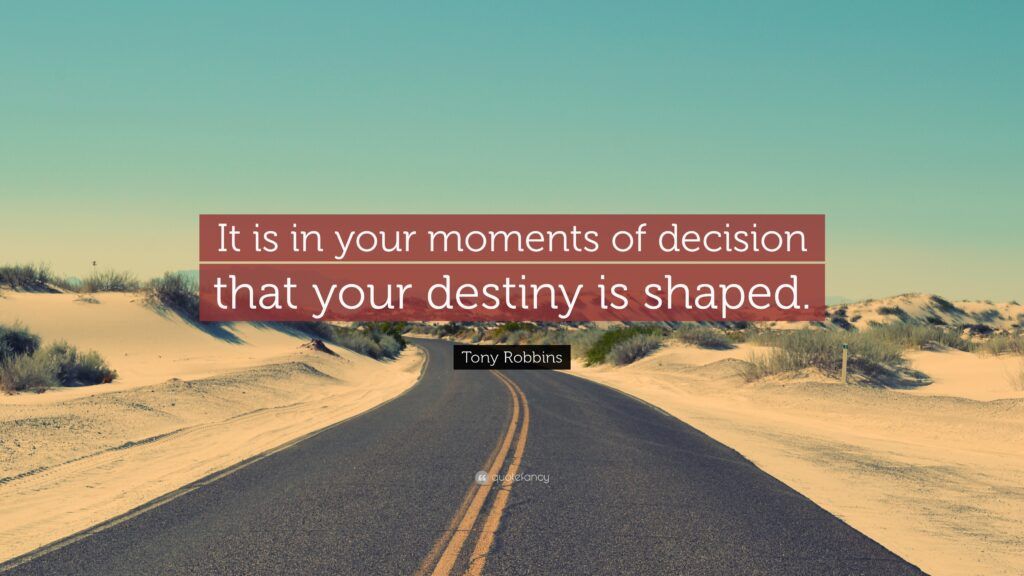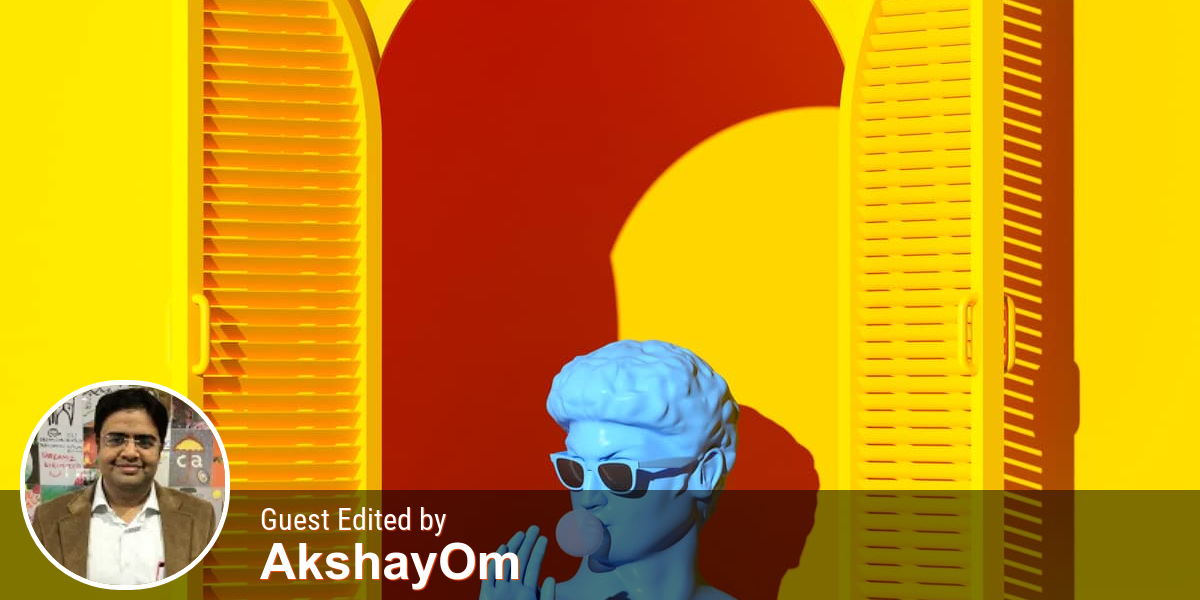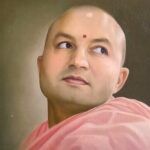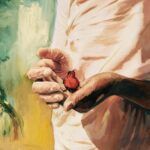Starting January, every fourth Wednesday sees a guest editor take charge of the Digest. Community member Akshay writes this one.
To be or not to be — the real question is, how does one decide? It is a crucial question because, according to various sources on the internet, an average adult makes over 35,000 decisions every day.
From deciding between snoozing the alarm and waking up to hitting the sack, we go forward making both footling and life-altering decisions.
When encountered with a tricky problem, which could be ever so often. We often find ourselves stuck? Sample some: You have two employees and only one slot for promotion. The leader of a political party you support makes a move that leaves you conflicted. Two friends get into a massive argument and ask you to mediate.

How do you deal with such situations?
I found the answer in Casuistry — a process of moral reasoning developed by the Jesuits in the 16th century. It is a method of reasoning to resolve moral dilemmas by extracting rules from one case and applying them to new ones.
I’d use James Kenan’s example of a historical incident from Malcolm Gladwell’s podcast to demonstrate Casuistry.
Maritime shipping had exploded in the 16th century. Merchants in Holland were shipping expensive goods such as sugar and rum and trading them for spices, silk, and porcelain. Due to the risky nature of their trade, they wanted to buy insurance for these goods. However, three centuries ago, the pope had condemned insurance as usury and banned it.
Usury was the practice of charging exorbitant interest rates on loans and was forbidden by the church. This ban had prevented loan sharks from preying on vulnerable farmers back then.
However, cut to 300 years later, the merchants felt that insurance was not usury in their circumstances. They urged the church to revise its definition. The debate between the merchants and the church members raged on until the Jesuits applied Casuistry to discuss the specifics of the case. The Jesuits argued that you could make two cases for insurance.
- Case 1: The insurance premium resembles the interest paid to a loan shark because you pay additional money for the goods. Hence, it could be classified as usury.
- Case 2: The captain of the ship is also a kind of insurance. People pay him a premium to make sure the vessel travels safely from one point to another because he safeguards the ship and the interests of the merchants. No one objects to having a captain.
The Jesuits asked people to consider if the insurance for expensive goods resembles the interest you pay on a loan or the role of a captain. Everyone agreed that insurance for goods is closer to a captain’s role, thereby resolving the issue.
Like any moral philosophy, Casuistry can be misused to justify just about anything. That’s how it got a bad name in the 17th century. The responsibility of sticking to moral rigour lies with the person practising it. You can hear this podcast to see how Malcolm Gladwell applies it to study performance-enhancing drugs’ impact in baseball.
However, my purpose in discussing Casuistry is to assist your decision-making process.
So, the next time you must make decisions, dive into the specifics of the situation and create a benchmark of what is acceptable to you and what is not. Then, evaluate the particulars of your case against these benchmarks to reach a conclusion.
Transformative Ideas
I have decided it is life-altering decision-reviewing time. So, featuring blogs about making decisions in various areas of life:
- The Life Journal By Komal Om: Swami’s little minion, as she calls herself, uses humour to help you make mindful choices in life. You dive into empty shops, traffic lights, and even a glass of warm water and come out refreshed.
- A Japanese Doctor’s Guide to Living Longer by Ranjeet Singh: What choices do you make to lead a long and healthy life? Ranjeet takes a cue from the life of Dr Shigeaki Hinohara, a Japanese physician who lived till the ripe age of 105.
- Triple E Filter by Sri Devi Om: How do you write posts that engage your readers? What creative guidelines can you follow? Sri Devi Om answers these questions as she discusses the Tripe E filters she uses as a benchmark for her writing.
- Have A Good Doctor by Prahalad: What should you do when you have a fantastic doctor, but they are too far away from your current location? Learn from avid bridge player Prahalad’s experience and ensure you don’t make the same mistake.
- Bhakti is Contagious by Ahana Bannerjee: How do you practice your faith when your father is a classic Advaita Vedanta scholar and your mother practices the path of Bhakti? Learn about the choices Ahana made to forge her path.
- When Friends Pull Your Trigger As You Pull Theirs by Giselle Hatch: Giselle transports us to Alaska and discusses the challenges of living in a place where you cannot follow the rhythm of your body. She describes how an innocently delivered funny comment triggered an emotional response from a friend and how that triggered pain within her and led to trust issues. She decides it’s better to use friends for healing each other.
- Exam Fever by Hetal Sonpal: How do you react when you have to take an exam 22 years after passing out of school? Review the choices Hetal Sonpal and his fellow students made while attending a PhD program.
- Holy by Sadhvi Vrinda: Soak yourself in the Bhakti of Sadhvi Vrinda’s poetry as she imbues her words with the divine colours of her guru.
Watch it Now!
Did you catch the latest Truth be Told where we had Bollywood writer and os.me blogger Mahendra Jakhar discuss showbiz, spirituality and simple truths.
Wisdom From Swamiji
The Untamed Mind: Spiritual Master Om Swami compares the mind to a restless baboon hopping from one place to another and describes the different kinds of mental conversations we all experience.
Knowing Without Understanding: Spiritual Master Om Swami explains how a mere intellectual understanding of something is insufficient. True wisdom comes from first-hand experience. He explains how we can use meditation to naturally arrive at answers to questions that arise in our lives.
Hope you found this Digest useful. Do not forget to tell us what has been your most difficult decision?
Until next…
PS: Dear os.me family, our member Anuradha Kumar’s 20-year-old son has been diagnosed with Acute Myeloid Leukemia. May we request you to pray for his health and send healing.








Comments & Discussion
49 COMMENTS
Please login to read members' comments and participate in the discussion.